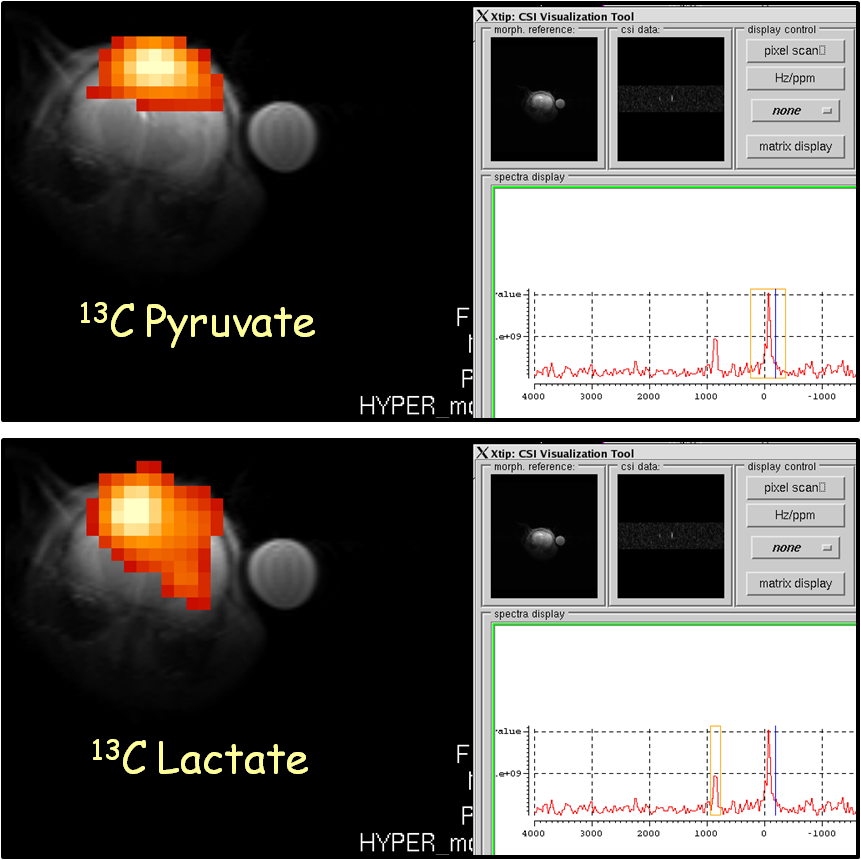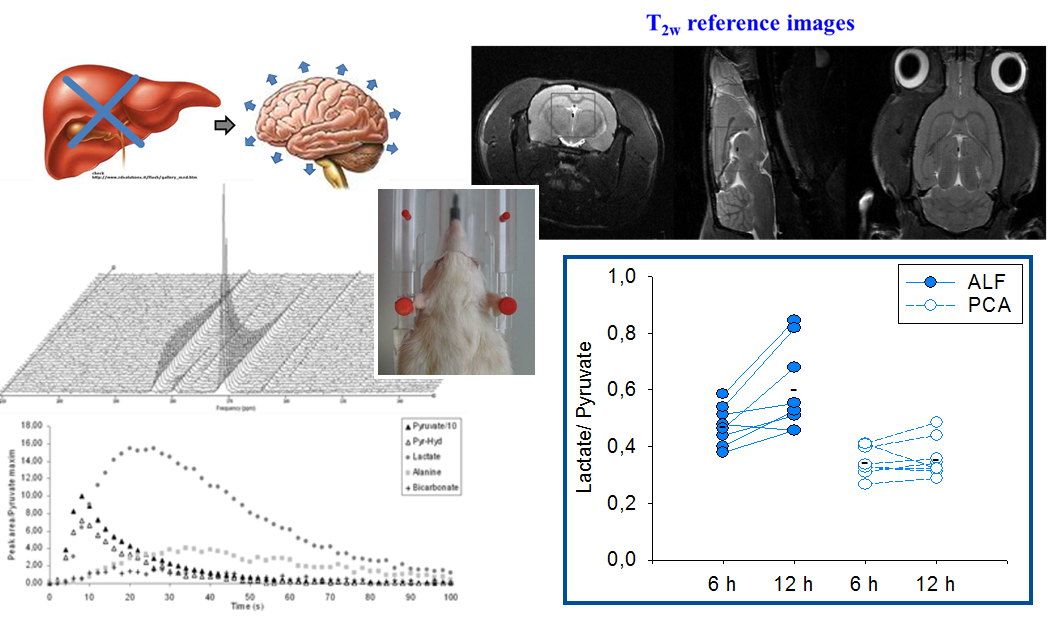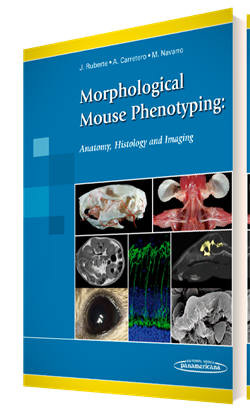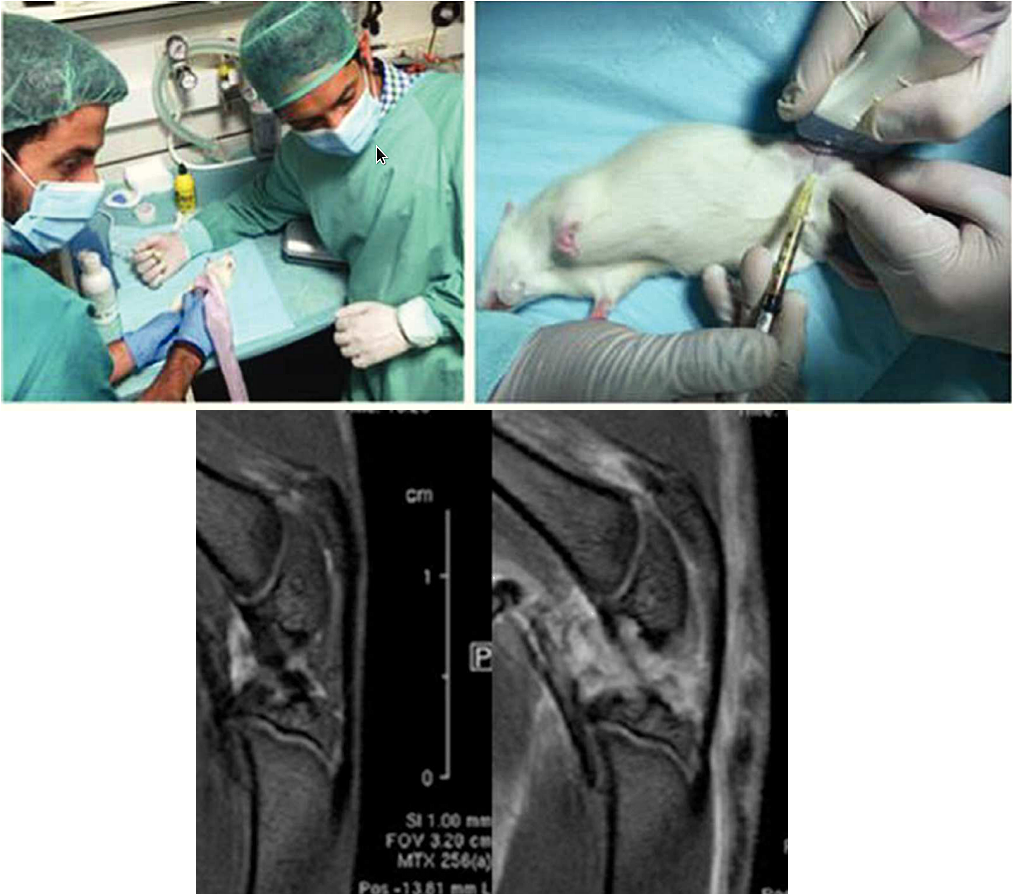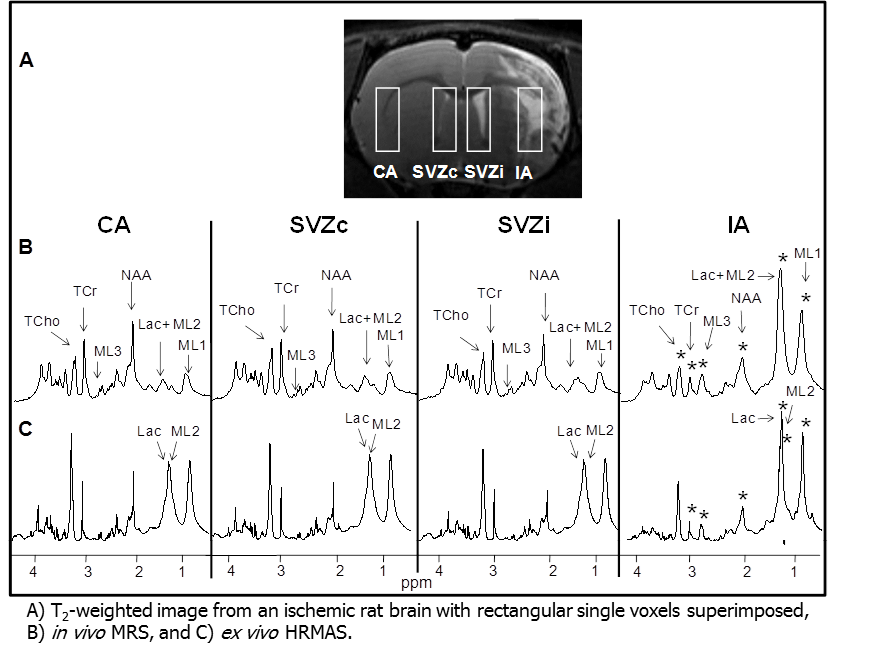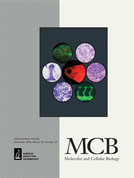 “Mutation of the 3-Phosphoinositide-Dependent Protein Kinase 1
“Mutation of the 3-Phosphoinositide-Dependent Protein Kinase 1
(PDK1) Substrate-Docking Site in the Developing Brain Causes
Microcephaly with Abnormal Brain Morphogenesis Independently of
Akt, Leading to Impaired Cognition and Disruptive Behaviors” by Lluís Cordón-Barris, Sònia Pascual-Guiral, Shaobin Yang, Lydia Giménez-Llort, Silvia Lope-Piedrafita, Carlota Niemeyer, Enrique Claro, Jose M. Lizcano, and Jose R. Bayascas. Mol Cell Biol (2016), 36:2967–2982. DOI:10.1128/MCB.00230-16.
This report shows the involvement of PDK1 downstream effectors other than Akt in mouse neuropsychiatric-like disorders, with potential face and construct validity for negative and cognitive symptoms of schizophrenia. Results point to a prominent function for PIF pocket-dependent kinases as major effectors of this signaling hub downstream of Akt in the etiopathogenesis of schizophrenia that might provide construct validity to the PDK1 L155E mutants.
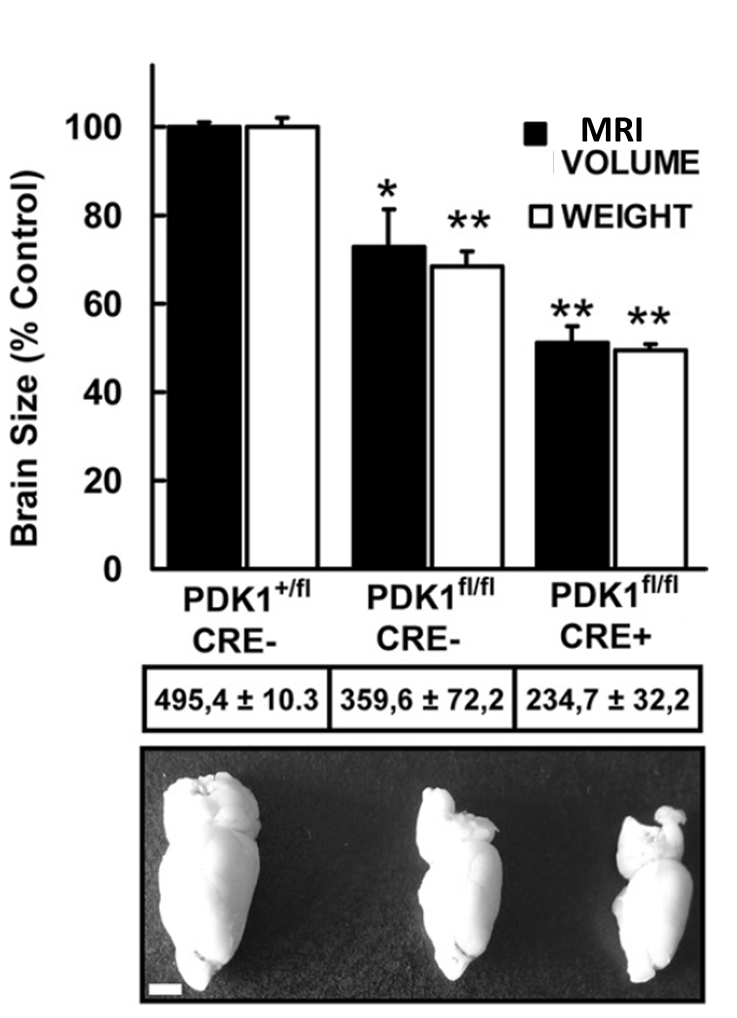 The phosphoinositide (PI) 3-kinase/Akt signaling pathway plays essential roles during neuronal development. 3-Phosphoinositide-dependent protein kinase 1 (PDK1) coordinates the PI 3-kinase signals by activating 23 kinases of the AGC family, includingAkt. Phosphorylation of a conserved docking site in the substrate is a requisite for PDK1 to recognize, phosphorylate, and activate most of these kinases, with the exception of Akt. This differential mechanism of regulation it has been exploited by generating neuron-specific conditional knock-in mice expressing a mutant form of PDK1, L155E, in which the substrate-docking site binding motif, termed the PIF pocket, was disrupted. As a consequence, activation of all the PDK1 substrates tested except Akt was abolished. The mice exhibited microcephaly, altered cortical layering, and reduced circuitry, leading to cognitive deficits and exacerbated disruptive behavior combined with diminished motivation. The abnormal patterning of the adult brain arises from the reduced ability of the embryonic neurons to polarize and extend their axons, highlighting the essential roles that the PDK1 signaling beyond Akt plays in mediating the neuronal responses that regulate brain development.
The phosphoinositide (PI) 3-kinase/Akt signaling pathway plays essential roles during neuronal development. 3-Phosphoinositide-dependent protein kinase 1 (PDK1) coordinates the PI 3-kinase signals by activating 23 kinases of the AGC family, includingAkt. Phosphorylation of a conserved docking site in the substrate is a requisite for PDK1 to recognize, phosphorylate, and activate most of these kinases, with the exception of Akt. This differential mechanism of regulation it has been exploited by generating neuron-specific conditional knock-in mice expressing a mutant form of PDK1, L155E, in which the substrate-docking site binding motif, termed the PIF pocket, was disrupted. As a consequence, activation of all the PDK1 substrates tested except Akt was abolished. The mice exhibited microcephaly, altered cortical layering, and reduced circuitry, leading to cognitive deficits and exacerbated disruptive behavior combined with diminished motivation. The abnormal patterning of the adult brain arises from the reduced ability of the embryonic neurons to polarize and extend their axons, highlighting the essential roles that the PDK1 signaling beyond Akt plays in mediating the neuronal responses that regulate brain development.
